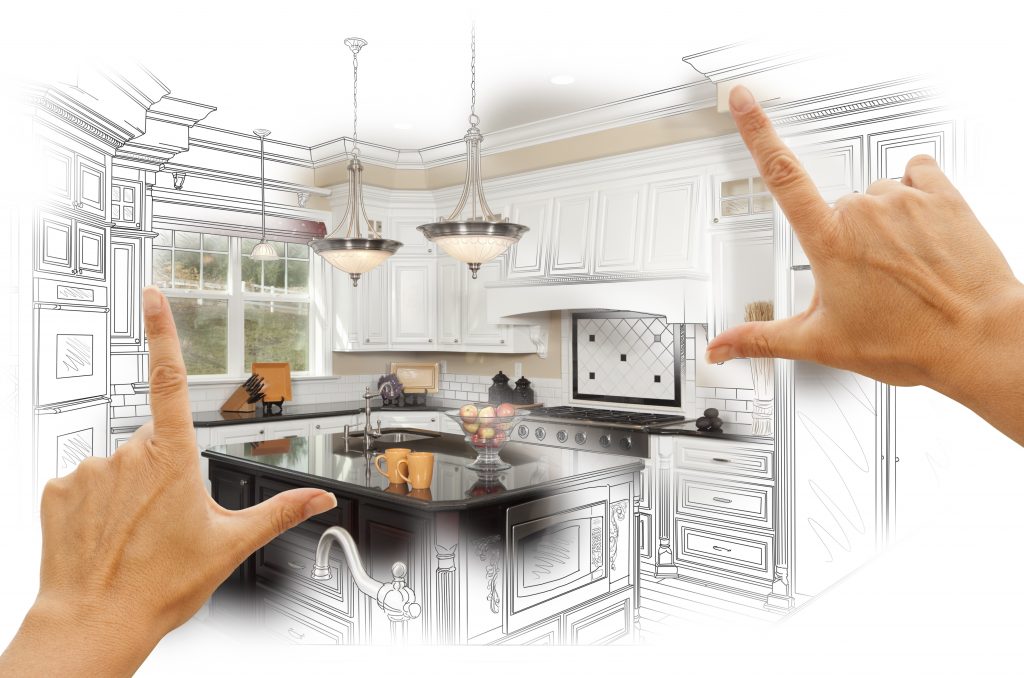As temperatures continue to rise during the summer months, your air conditioning system becomes one of the most important appliances in your home. However, no AC unit lasts forever. Eventually, every homeowner must face the reality of ac replacement. Understanding when and why to replace your unit can save you from discomfort, high energy bills, and costly repairs.
One of the main reasons homeowners consider AC replacement is age. Most air conditioners are built to last between 10 to 15 years. If your system is nearing or has surpassed this range, it may no longer operate efficiently. Even with regular maintenance, older units tend to lose their effectiveness over time, making AC replacement a smarter long-term investment.
Another sign that you might need AC replacement is frequent breakdowns. If you find yourself calling your HVAC technician more often than usual, the cumulative cost of repairs can quickly surpass the price of a new unit. Instead of constantly patching up an unreliable system, AC replacement can offer peace of mind and eliminate the stress of ongoing repairs.
Energy efficiency is a significant factor in the decision to pursue AC replacement. Older air conditioning units often have lower SEER (Seasonal Energy Efficiency Ratio) ratings, which means they consume more electricity to deliver the same cooling output. Upgrading to a modern, energy-efficient system through AC replacement not only reduces your carbon footprint but also leads to noticeable savings on your monthly energy bills.
Comfort is another critical reason to consider AC replacement. As units age, they may struggle to maintain consistent temperatures throughout your home. Hot and cold spots, poor airflow, or excessive humidity are all indicators that your system isn’t performing as it should. A new unit installed during an AC replacement will provide better temperature control, air quality, and overall comfort.
If you’ve recently made home improvements such as added square footage or enhanced insulation, your current system may not be appropriately sized for your new living space. In such cases, AC replacement ensures that your cooling system matches the needs of your home. An undersized or oversized unit can lead to inefficiencies and increased wear and tear.
Financing and rebate options are increasingly making AC replacement more accessible for homeowners. Many utility companies and HVAC manufacturers offer incentives for upgrading to energy-efficient systems. These programs help offset the upfront cost of AC replacement, making it easier to take the leap toward a more reliable and effective system.
When considering AC replacement, it’s essential to consult a professional HVAC contractor. An expert can assess the condition of your existing system, evaluate your home’s cooling needs, and recommend the best options for a replacement unit. Professional installation is key to ensuring that your AC replacement delivers optimal performance and longevity.
Technology advancements have made modern systems smarter and more user-friendly, making AC replacement a step toward future-proofing your home. Features like programmable thermostats, zoning systems, and smart controls allow you to customize your indoor climate more precisely than ever before. These benefits contribute to improved comfort and energy savings, reinforcing the value of a timely AC replacement.
Noise levels are often overlooked but can be a big motivator for AC replacement. Older systems tend to be noisier due to worn-out parts and outdated designs. Newer models are built with sound-dampening technologies that significantly reduce noise, making your indoor environment more peaceful. If your current unit rattles, hums, or roars, it may be time for AC replacement.
Seasonal timing can impact your AC replacement decision. While it’s possible to replace your system at any time of year, planning the job during spring or fall—when HVAC companies are less busy—can offer better availability and sometimes lower prices. Scheduling your AC replacement during these off-peak seasons ensures that your system is ready to perform when summer arrives.
Many homeowners put off AC replacement due to the perceived inconvenience of the installation process. However, most replacements can be completed within a day or two, and reputable contractors will work with you to minimize disruptions. The brief inconvenience is a small price to pay for the comfort and efficiency that a successful AC replacement brings.
It’s also worth noting that AC replacement can increase your property value. Prospective buyers are more likely to be attracted to homes with newer, energy-efficient systems already in place. Whether you plan to sell soon or simply want to invest in your home’s infrastructure, AC replacement adds both practical and financial value.
In summary, AC replacement is not just a necessary expense—it’s a proactive step toward improving your home’s comfort, efficiency, and reliability. Whether driven by frequent repairs, high utility bills, or outdated technology, replacing your air conditioner can lead to long-term savings and peace of mind. Don’t wait for a complete system failure to take action. Evaluating your options for AC replacement now can help you stay cool and comfortable for years to come.

